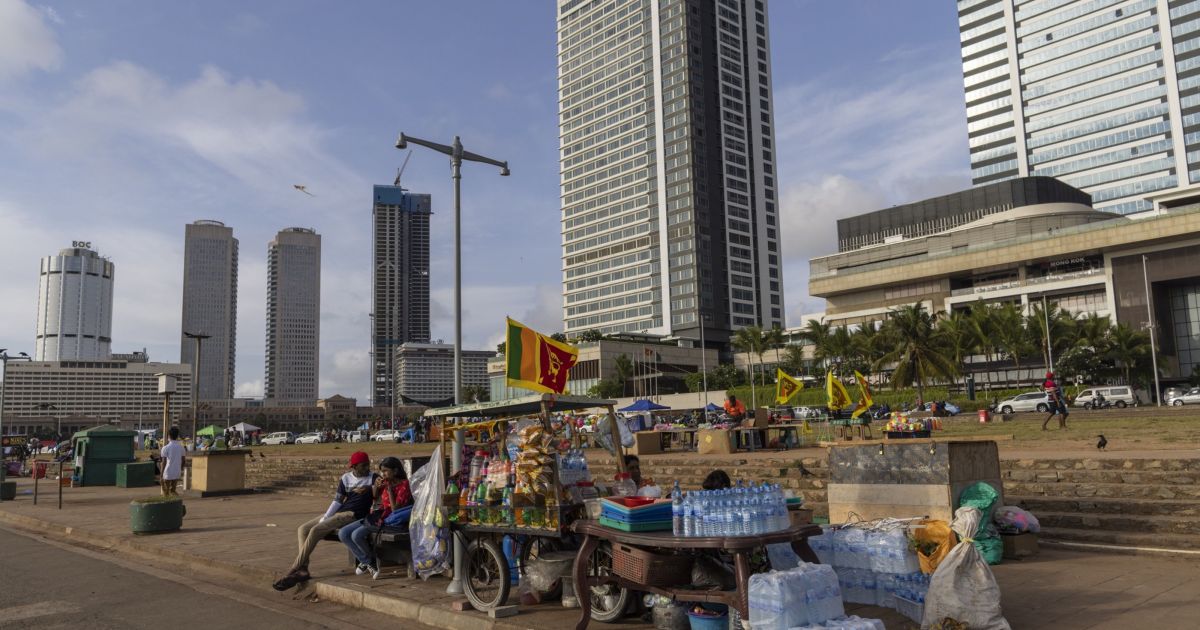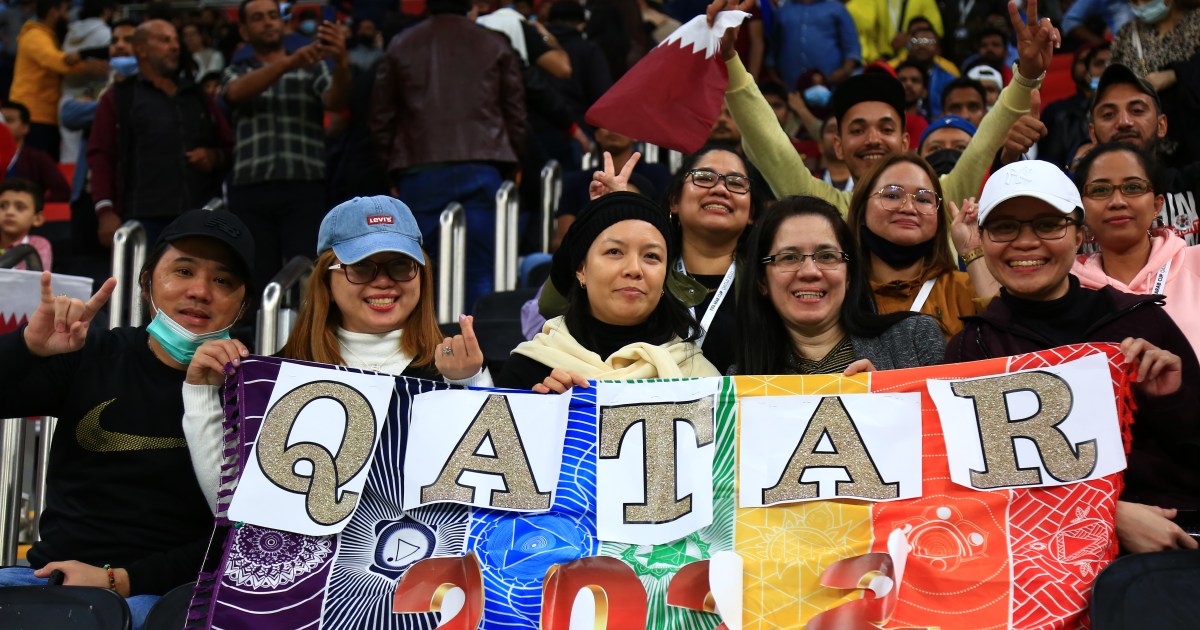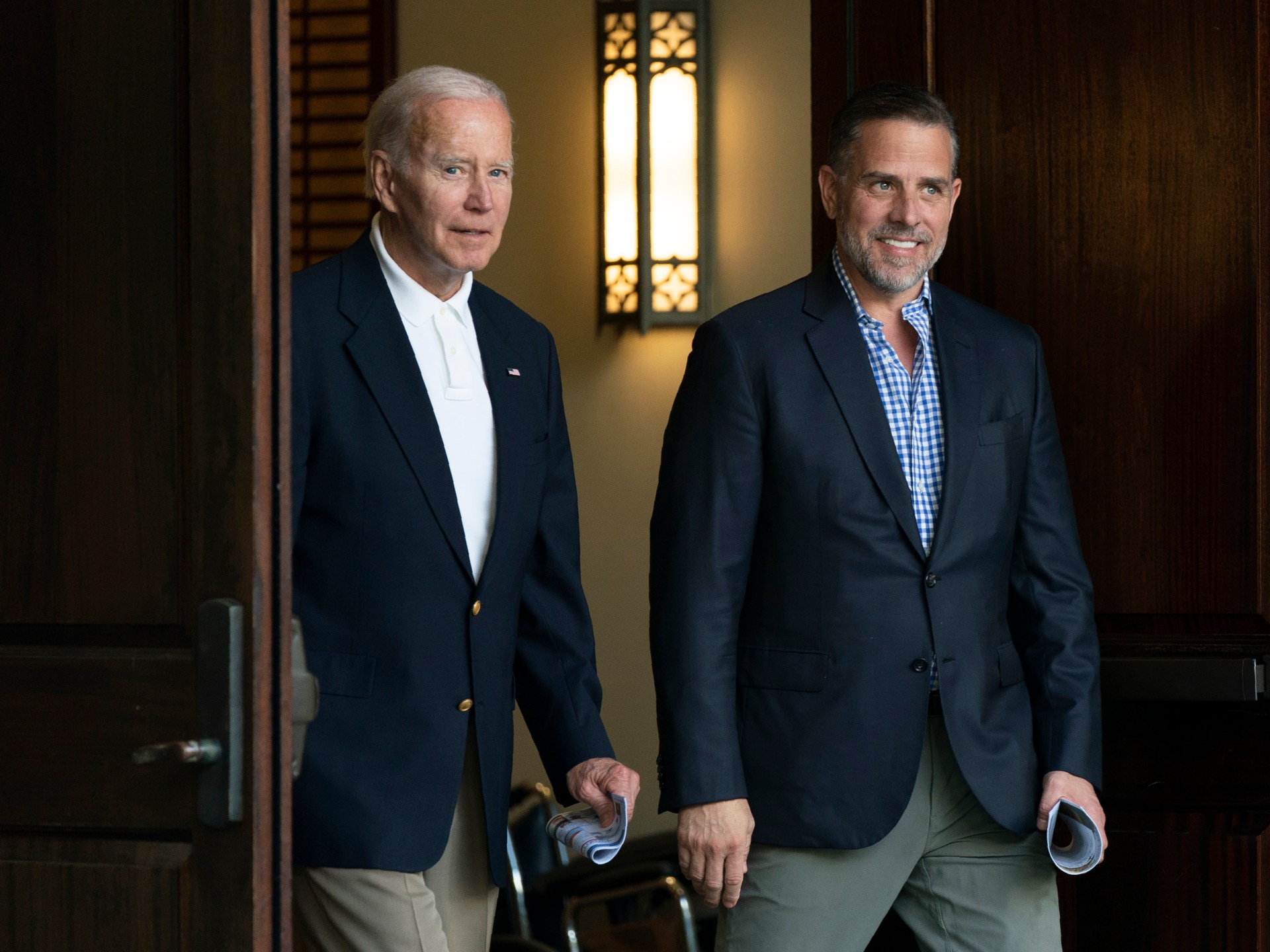Sri Lanka leaders signal prime minister may quit as prices soar | Business and Economy News
Data Friday showed costs in the capital Colombo rose 30 percent, making more interest-rate increases almost certain.
By Bloomberg
Published On 29 Apr 2022
Sri Lanka’s President Gotabaya Rajapaksa is willing to drop his brother as prime minister, according to a top leader, as a fresh surge in inflation threatens to renew calls for the family to resign.
Rajapaksa has agreed to form an all-party government with a new PM, local media reported Friday citing Maithripala Sirisena, a former president who was part of the ruling coalition before his Sri Lanka Freedom Party quit in protest of the Rajapaksas’ policies. Rajapaksa will also discuss the matter with other parties, lawmaker Weerasumana Weerasingha said, without elaborating.
Politicians are preparing positions before parliament resumes May 4, and it’s unclear how events will play out. Opposition leaders have said they have enough support to oust the PM in a no-confidence vote, while street protesters want both Rajapaksas to step down. Data Friday showed costs in the capital Colombo rose 30%, making more interest-rate increases almost certain to meet conditions of an International Monetary Fund bailout.
President Rajapaksa extended an invitation to form an all-party government; he would agree to proposals if all political parties supported it, the President’s Office said in a statement later Friday.
Consumer prices surged 29.8% in April from a year earlier, the Department of Census and Statistics said in a statement. That’s faster than 18.7% in March and a 25% median estimate in a Bloomberg survey. The nation’s foreign-exchange reserves dipped to $1.94 billion. The government has already suspended payments on foreign debt and is seeking assistance from India, China and multilateral lenders to pay for food and fuel.
Sri Lanka’s decision to float the rupee after it ran out of dollars to defend a peg, coupled with rising global commodity prices mean inflation could stay higher. Finance Minister Ali Sabry also told the BBC that Sri Lanka will raise levies as the government made a mistake when it almost halved the value added tax rate to 8% in 2019.
Sri Lanka needs $4 billion over the next eight months to pay for imports of essentials. The central bank, which has raised interest rates by 900 basis points from a pandemic-era low, next meets to review policy May 19.
The South Asian nation expects to sign a staff-level agreement with the International Monetary Fund to unlock emergency funds within two months to ease its worsening economic crisis. Earlier this week, the World Bank granted a $600 million in financial assistance to the country. It is also seeking bilateral help from neighboring China and India.
(Updates with President’s comment in paragraph four. A previous version was corrected to clarify that opposition claims numbers to oust the PM)




